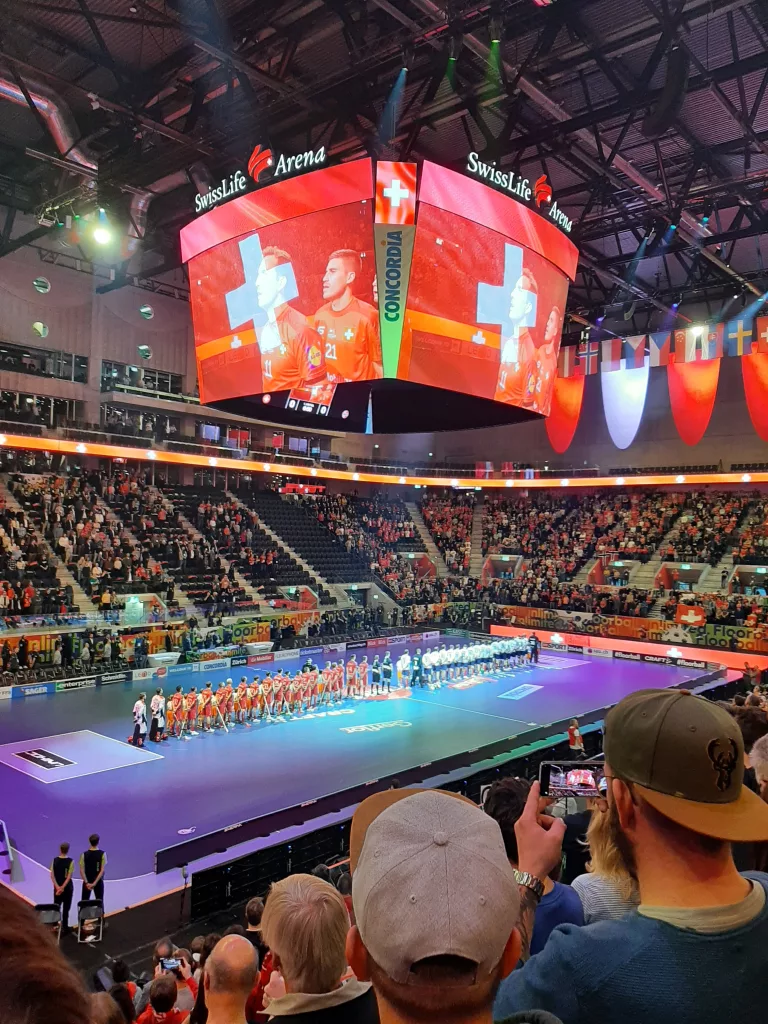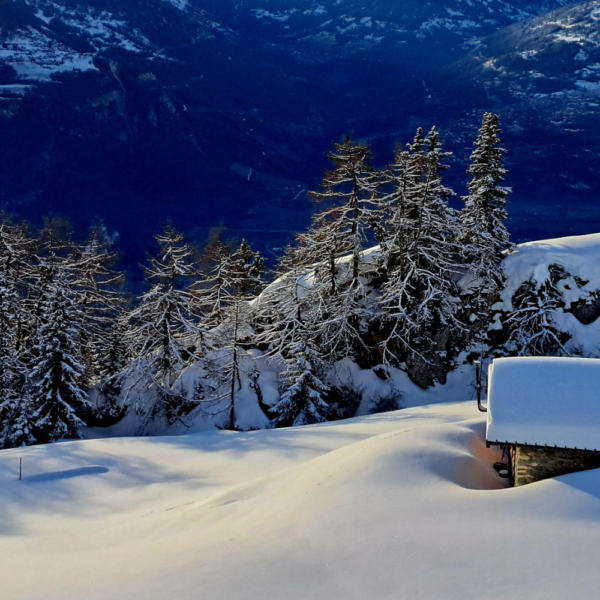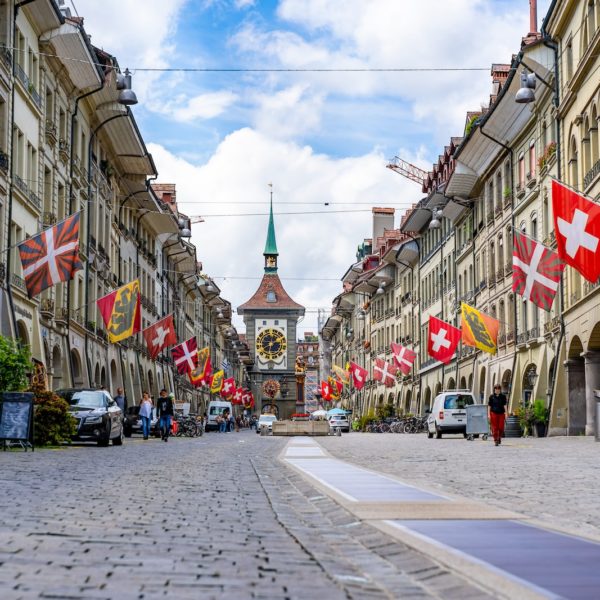World Unihockey Championship 2022: A Look Back at a Thrilling Event in Zurich and Winterthur
One year ago, from November 5 to November 13, 2022, Switzerland hosted the 14th Men’s World Unihockey Championship. This event, held in Zurich and Winterthur, brought together 36 teams from around the globe to compete and determine who would claim the coveted title.
Of the 36 participating teams, 25 were from Europe, 8 from Asia and Oceania, 1 from Africa, and 2 from North America. Sixteen teams successfully qualified through regional qualification events held in May 2022, adding a global dimension to this exciting competition.

Swiss Life Arena Zürich
The event took place in Zurich’s new ice rink, the “Swiss Life Arena,” specially transformed into a floorball field for the occasion. The Swiss Life Arena, which opened its doors just before the championship, stands as Switzerland’s most modern stadium. Equipped with the largest video cube in Europe, this state-of-the-art arena can host up to 12,000 spectators. The World Unihockey Championship 2022 was the first major event to take place in this new venue, making the Zurich Altstetten arena the iconic location for this international competition. The Swiss Life Arena typically serves as the ice rink for the Zurich Lions ice hockey club
Defending their title, Sweden triumphed against the Czech Republic, which secured its first silver medal since the 2004 World Unihockey Championship. Finland, in turn, clinched the bronze after a victory against Switzerland.
Highlights Final SWE v CZE
Highlights Semi-Final SUI v CZE
Here is the official final ranking of the competition:
- Sweden
- Czech Republic
- Finland
- Switzerland
- Latvia
- Germany
- Slovakia
- Norway
- Estonia
- Denmark
Beyond the results, this championship was an opportunity to celebrate the passion for unihockey, a sport beloved by the Swiss. The competition showcased the exceptional level of play and the global enthusiasm for this dynamic and spectacular discipline.
Even a year later, memories of this event remain vivid, and the Swiss Life Arena stands as an iconic venue where the history of unihockey was written in a memorable way. We hope this article has transported you to the heart of the action and rekindled your love for this thrilling sport. Stay tuned for more exciting events to come in the world of unihockey!



